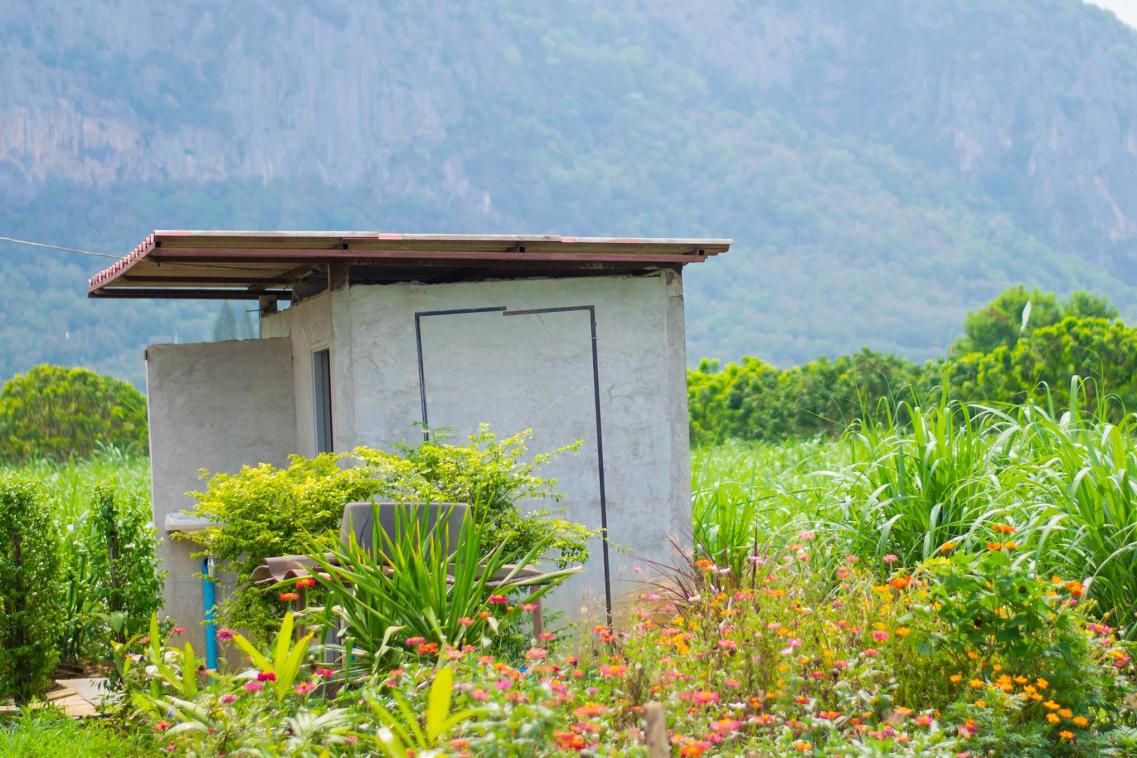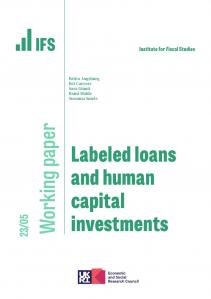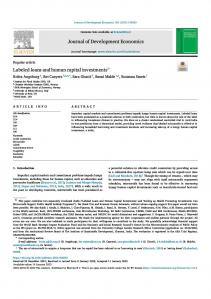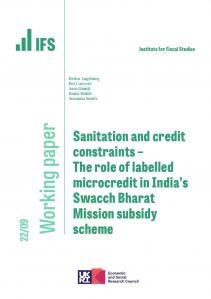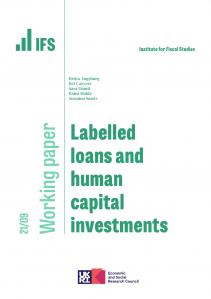Event
26 September 2016 at 18:30
<p>UCL, Gower Street, London.</p>
As part of the "What Works Global Summit" series, this presentation will use EDePo’s sanitation work as an example of how a research agenda developed (and in fact is developing) and will focus on specific questions around impact and policy evaluation.
